UN food agency warns Gaza at risk of famine after weeks-long Israeli bombardment
The UN World Food Program (WFP) has warned of the possibility of a famine in the Israeli-bombarded Gaza Strip, stressing that supplies are woefully insufficient to address the hunger levels observed by WFP staff in the UN shelters and communities.
The UN food agency said in a recent statement it delivered desperately needed food to more than 120,000 people in the besieged Palestinian enclave during the initial pause.
"It is highly likely that the population of Gaza, especially women and children are at high risk of famine if WFP is not able to provide continued access to food," the statement read.
Meanwhile, Corinne Fleischer, the WFP’s director for the MENA and Eastern Europe Region said that "six days was simply not enough to provide all the assistance needed."
"Thanks to the pause, our teams have been in action on the ground, going into areas we haven't reached for a long time. What we see is catastrophic," she added.
Samer Abdeljaber, the WFP representative and country director in Palestine, said that the program's teams witnessed "hunger, despair, and destruction" among people who have not received any relief for weeks.
The uninterrupted and secure delivery of humanitarian aid must continue now without obstacles, he added.
Qatar announced an agreement late Monday to extend an initial four-day humanitarian pause in fighting between Israel and Hamas for an additional two days.
After weeks of very limited humanitarian aid deliveries through the Rafah border, WFP joined on Nov. 26 an inter-agency convoy that delivered 7.6 metric tons of food assistance to around 23,616 people in al-Ahli hospital and surrounding hard-to-reach areas.
Since Nov. 24, WFP has reached 121,161 people in UN shelters and host communities with food, including bread, food parcels, and e-vouchers.
During the pause in fighting, the convoy also conducted wider-reaching assessments to inform its response, expanded logistics capacities by setting up storage units and safely transported food items across Gaza.
WFP has reiterated that a six-day-long pause was not enough to make any meaningful impact. Operations on the ground need uninterrupted and regular supplies of adequate quantities of food and other essential commodities into Gaza, the food agency said.
Intense negotiations are underway to secure a second extension of a temporary ceasefire between Hamas and the Israeli regime. The current truce is due to expire in a matter of hours.
Both sides are reportedly keen on extending the pause which includes a prisoner swap and the entry of humanitarian aid into the besieged territory.
Five rounds of prisoner exchange have seen the release of 180 Palestinian prisoners from Israeli jails and 60 captives held by Hamas.
The sixth batch of prisoners is set to be freed later today. Palestinian resistance groups still hold about 160 Israelis captured during the Operation al-Aqsa Flood on October 7. The current truce initially went into effect for four days on Friday and was later extended for 48 hours.
According to Gaza government health officials, over 15,000 Palestinians, including more than 6,000 children, were killed by Israeli aggression during the 49 days of war. Many more are feared to be buried under the rubble.
Spain jurists demand ties with Israel ties be cut
VIDEO | Press TV's news headlines
VIDEO | Iran honors top Science Olympiad medalists
VIDEO | Austrians arrested at Gaza protest in Vienna
10 killed in bus crash in western Iran
VIDEO | One-man-band journalism with Civili
5 Israeli forces killed as Palestinian fighters face up to regime’s war machine
VIDEO | An insider's view of the country: Persian Tahini, Royan in Mazandaran


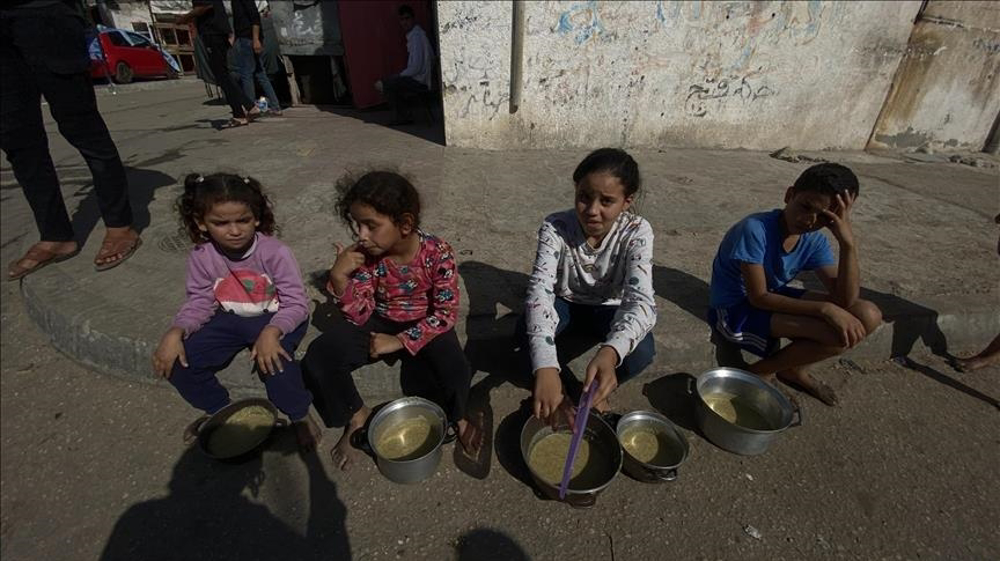
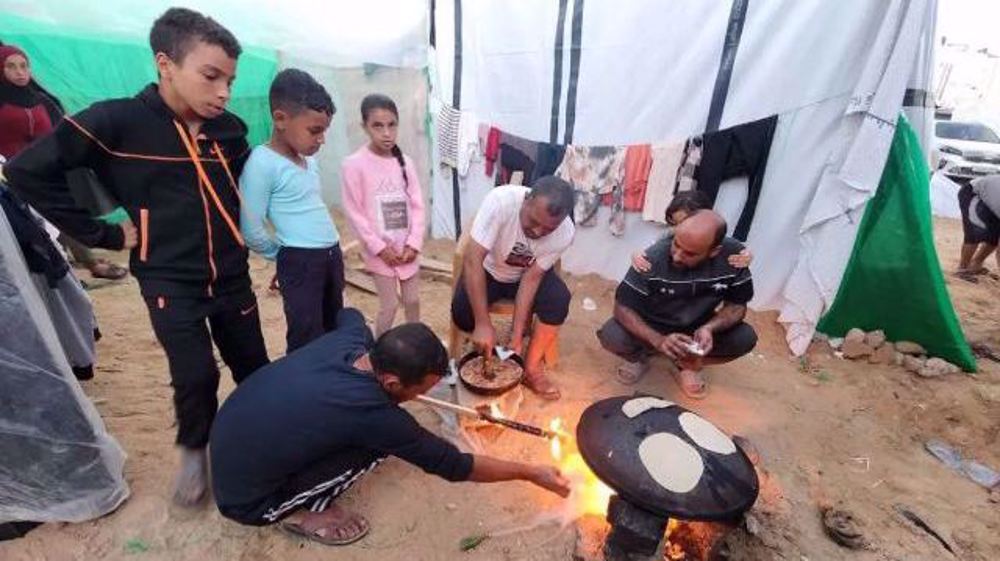
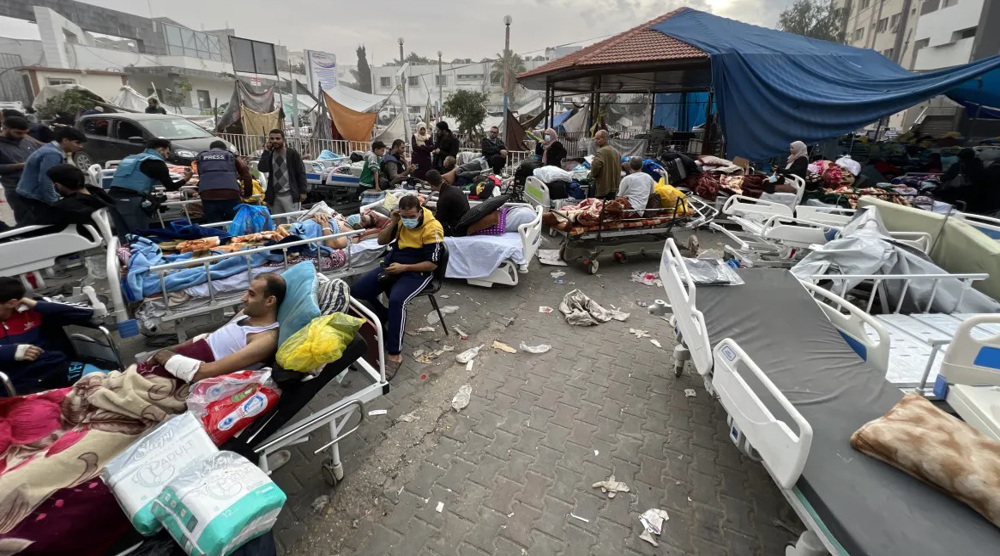
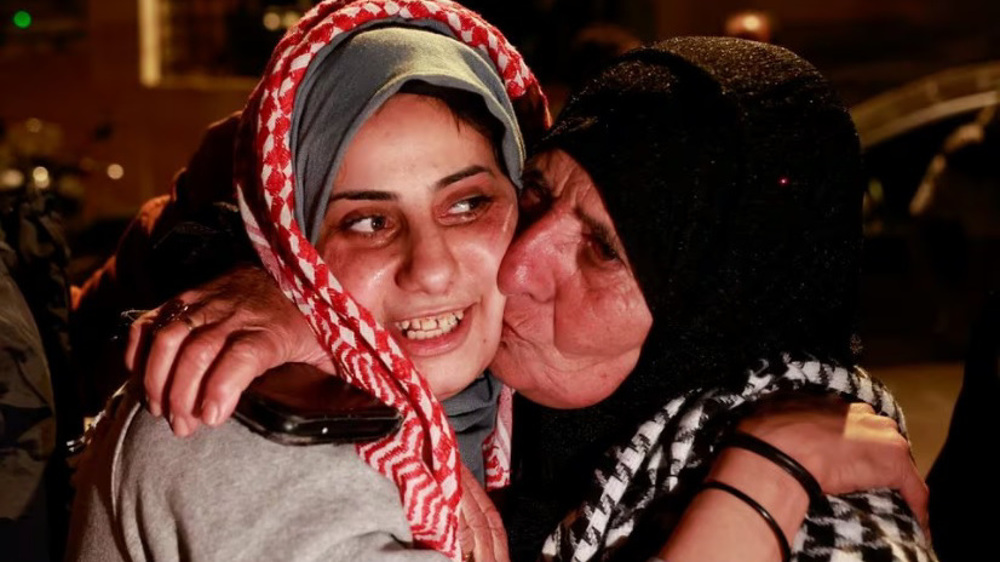

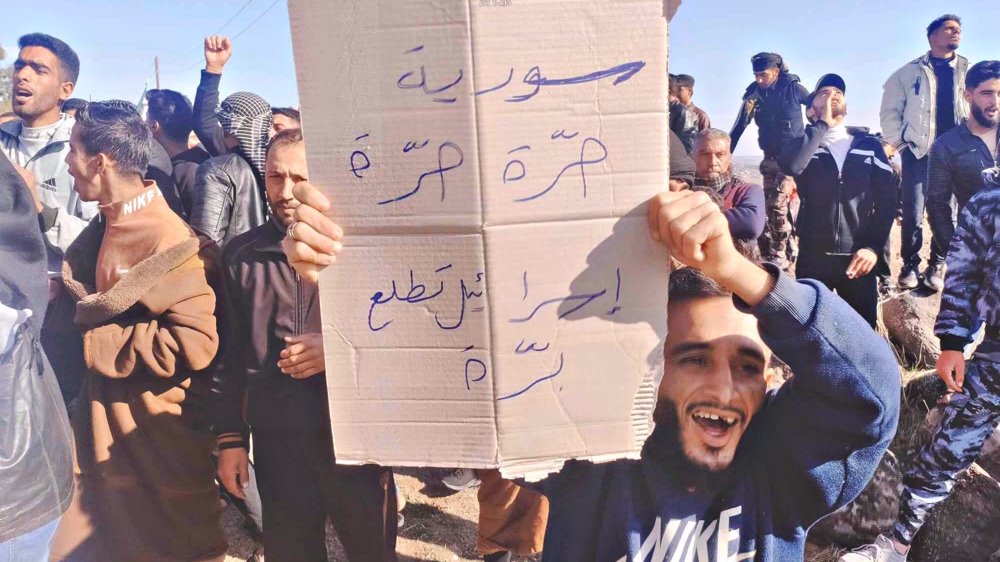
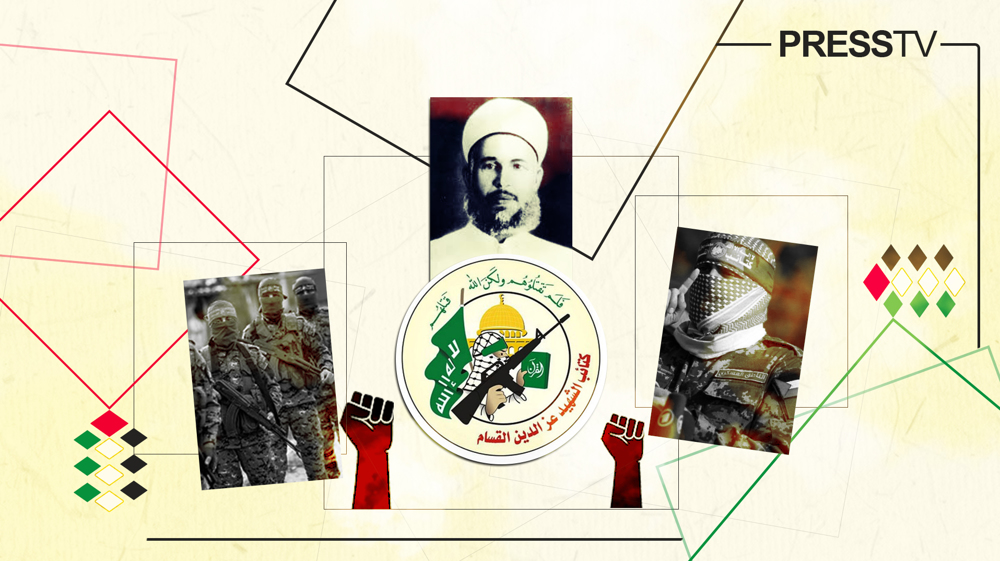
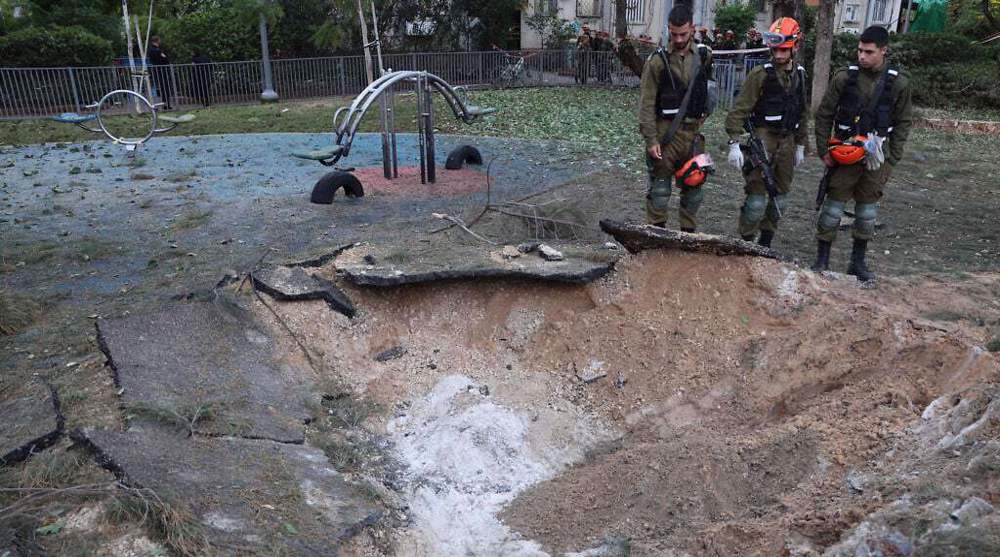



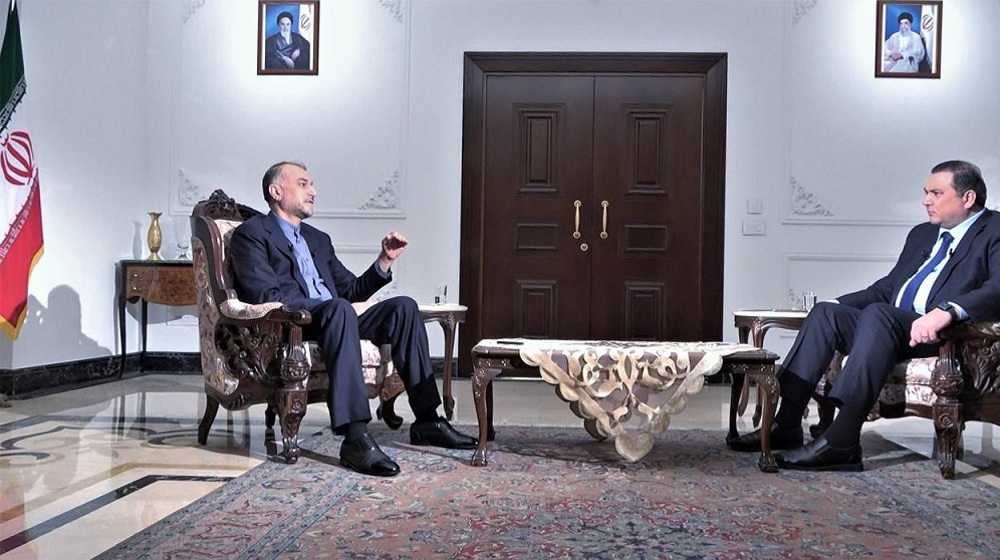
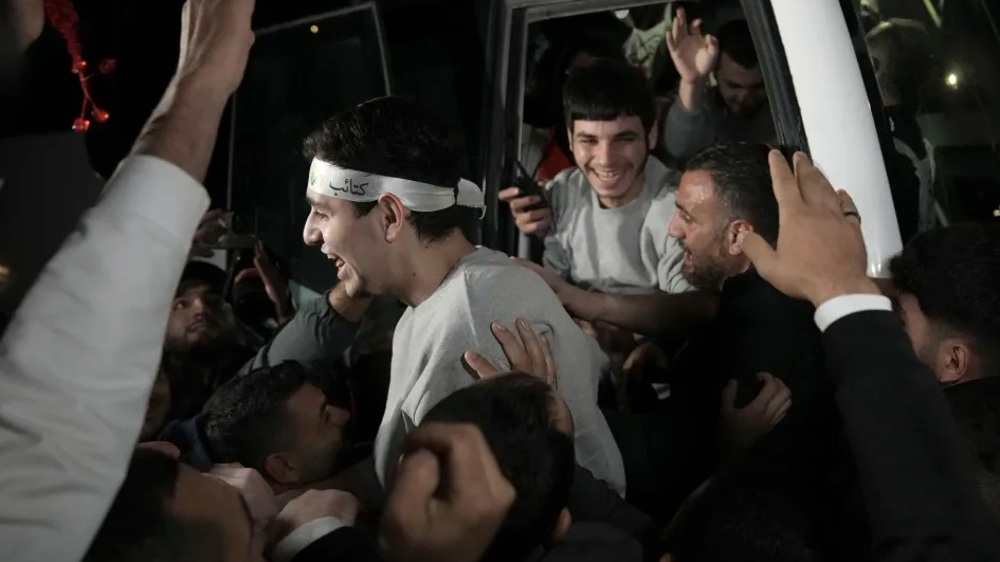
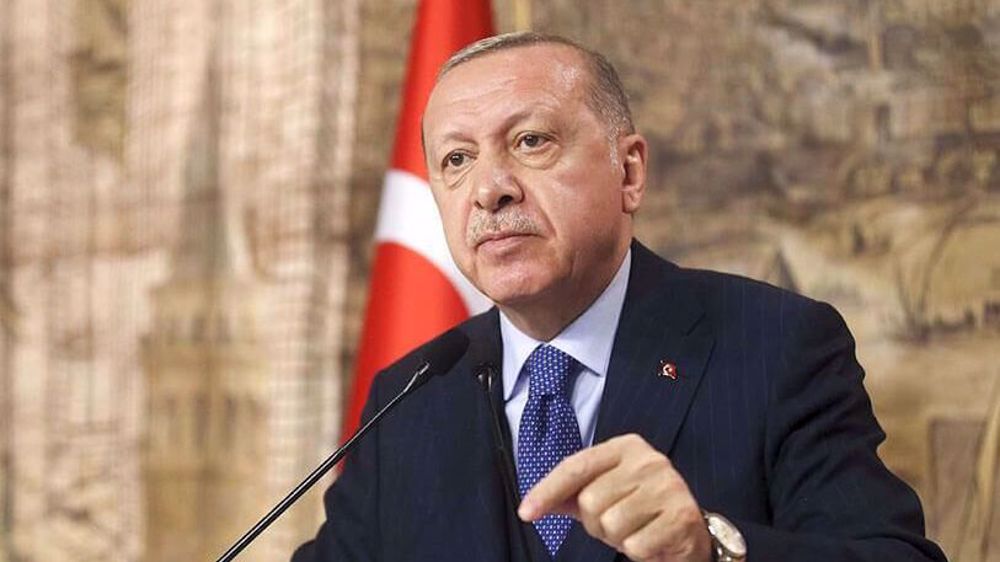
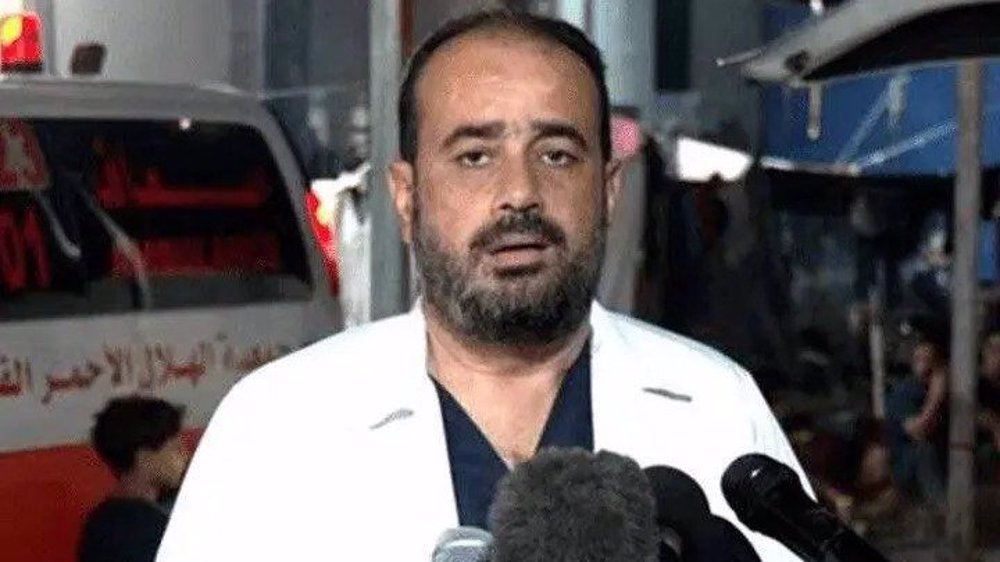
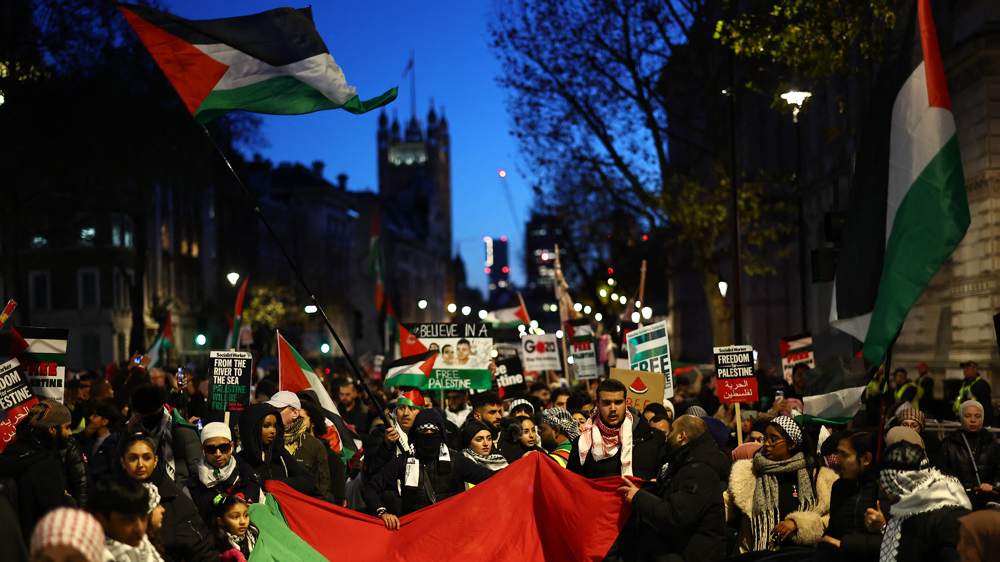

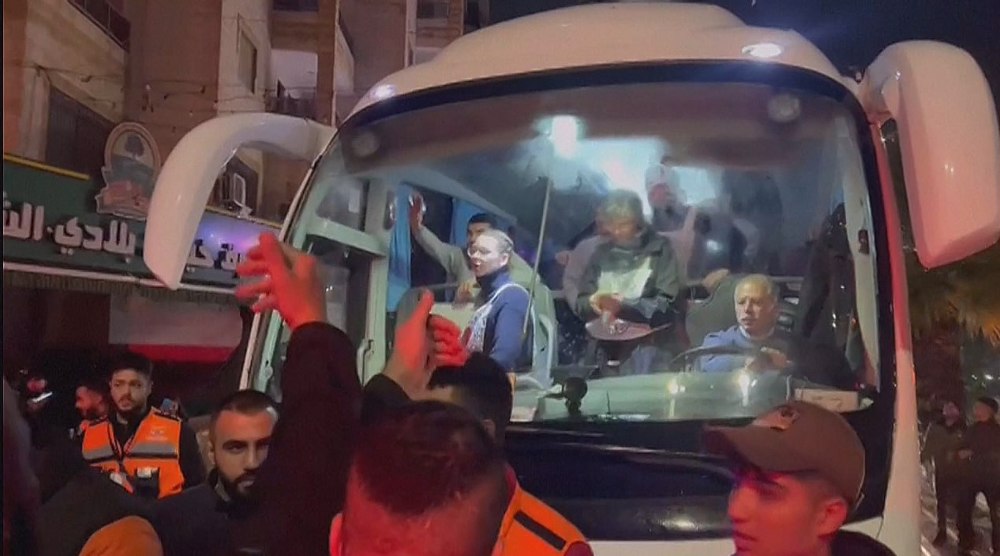

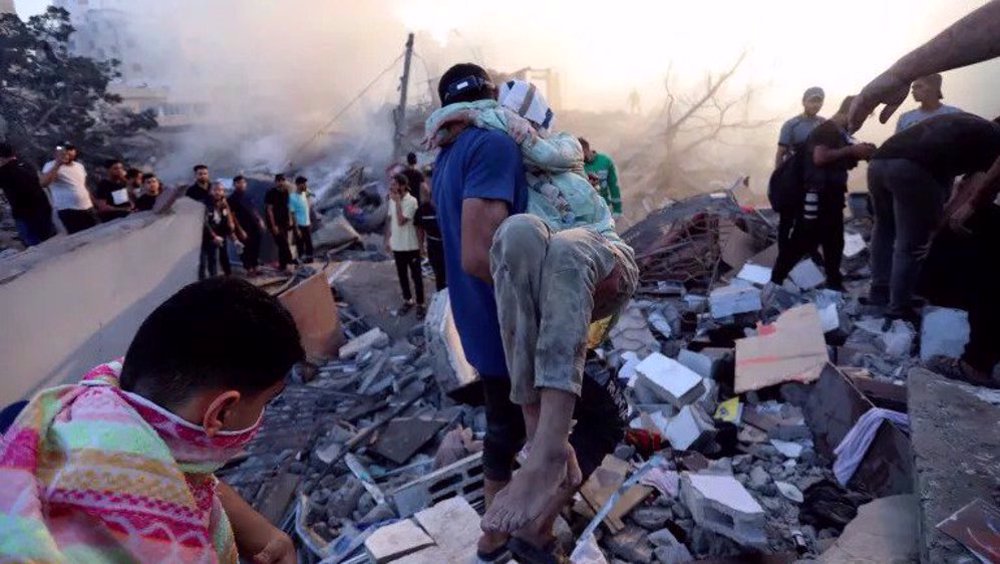
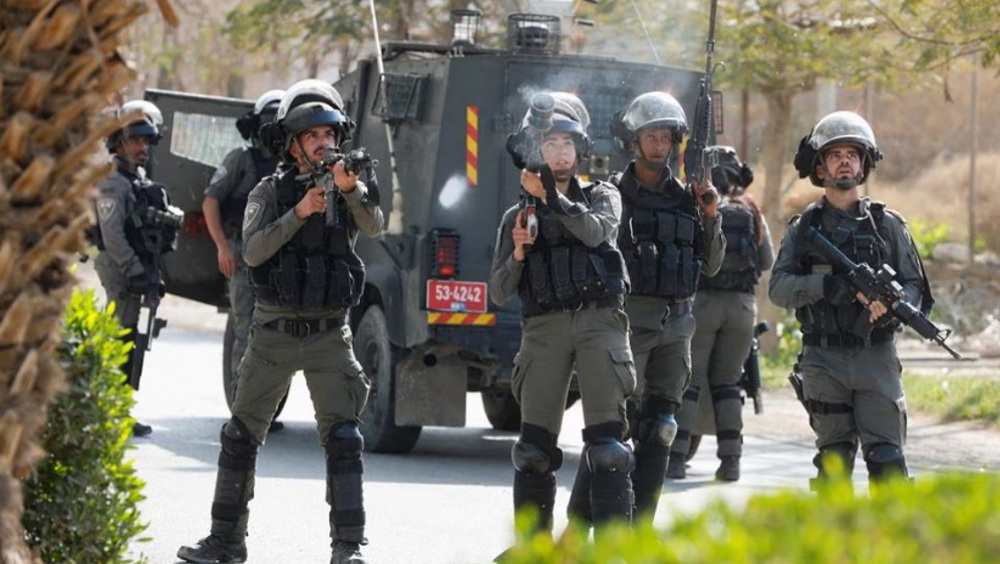

 This makes it easy to access the Press TV website
This makes it easy to access the Press TV website